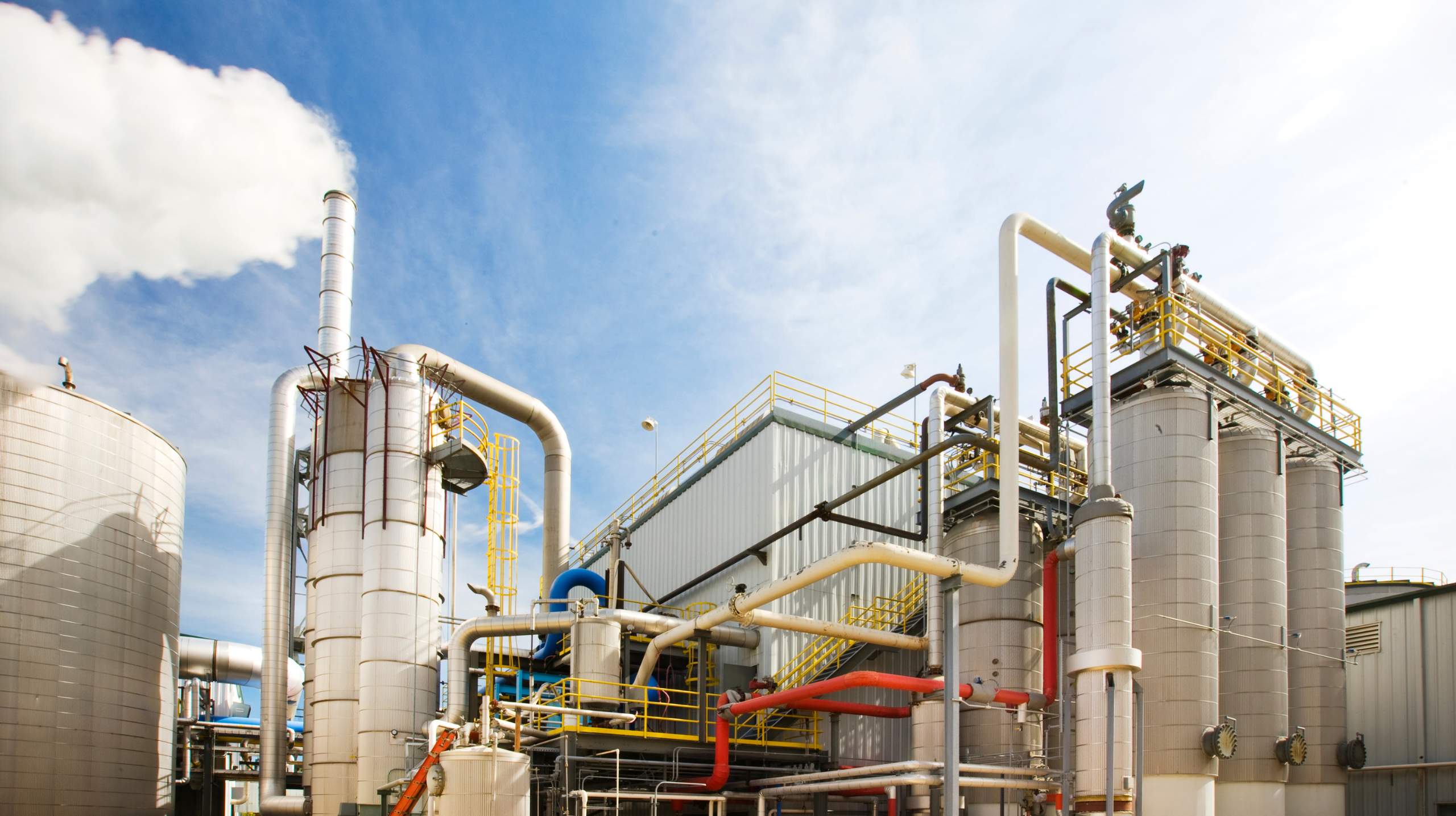The export of electricity by biomass plants hit a record in 2023, producing 28,246 gigawatt hours (GWh) in the cogeneration modality, based on data reported by the Electric Energy Trading Chamber (CCEE).
This demonstrates the potential of ethanol to establish itself in the global market as the biofuel of the energy transition, insofar as it represents a renewable and efficient alternative for consumption, and, in this scenario, Brazil is able to master the production process of energy agriculture development, as it has a broad installed planting, processing, and distribution capacity.
In addition, the average productivity of sugarcane and corn plantations has been increasing, and according to the National Supply Company (Conab), sugarcane production is estimated to post 78,000 kg/ha for 2024, much higher than the average of three years ago, which was 70,484 kg/ha.
The political landscape is also favorable. The Federal Government has been showing support to programs aimed at the advancement of sustainable fuels, as happened in September 2023, when the Brazilian government sent to the National Congress the bill that creates the “Fuel of the Future,” which, among other points, provides for incentives to enhance the use of ethanol to decarbonize the transport matrix in the country.
The promise is to reach BRL 250 billion in investments in the decarbonization of the transport matrix. In this scenario, the Fuel of the Future should help the country to meet greenhouse gas emission targets undertaken in international forums. This includes meeting commitments set out in RenovaBio, focused on biofuels, and in Rota 2030, earmarked for the automotive industry.
Among the targets already established is the project to reduce pollutant gas emissions in civil aviation by 1% in 2027, until reaching 10% in 2037. In the period, the sector is expected to gradually increase the share of sustainable aviation biofuel (SAF) in conventional aviation kerosene (QAv).
Sustainable Aviation Fuel should account for about 65% of the reduction of pollutant gas emissions in the industry, and the strength of this solution is the molecular similarity between biofuels and fossil fuels, thus eliminating the need for mechanical adaptation of aircraft, large-scale production, not to mention the guarantee of competitive operating costs.
As can be seen, there are a number of possibilities for introducing ethanol into the energy chain, among which the use as an additive in fossil fuels stands out, as it significantly impacts the reduction of greenhouse gases and reduces dependence on non-renewable fuels, such as gas. In this scenario, Brazil, harnessing the potential it has, tends to solidify its status as a leading Agro and Energy player.
Article written by Walberto Oliveira Filho, partner at Ernesto Borges Advogados, specialist in dispute settlement and Energy Law.
Autor: Walberto L. Oliveira Filho • email: walberto.filho@ernestoborges.com.br • Tel.: +55 67 3389 0123


